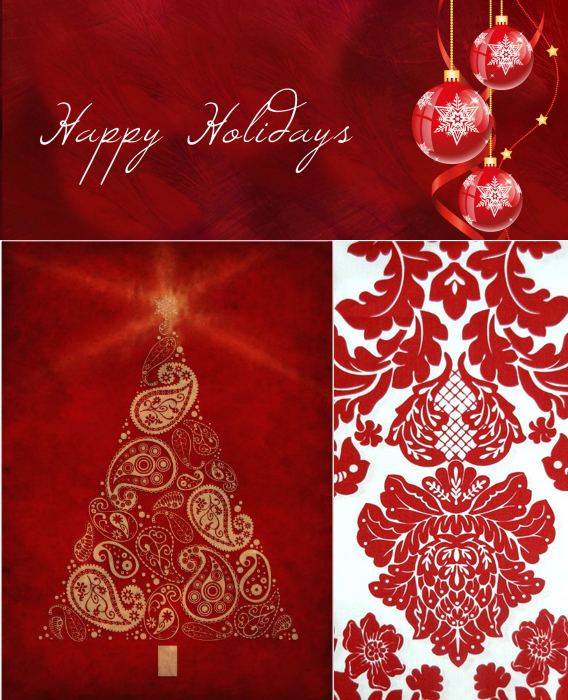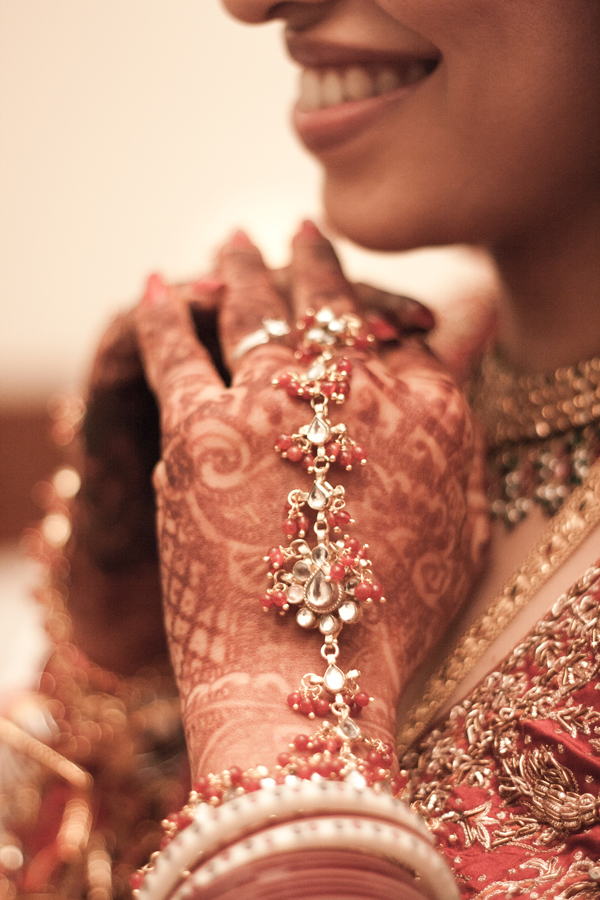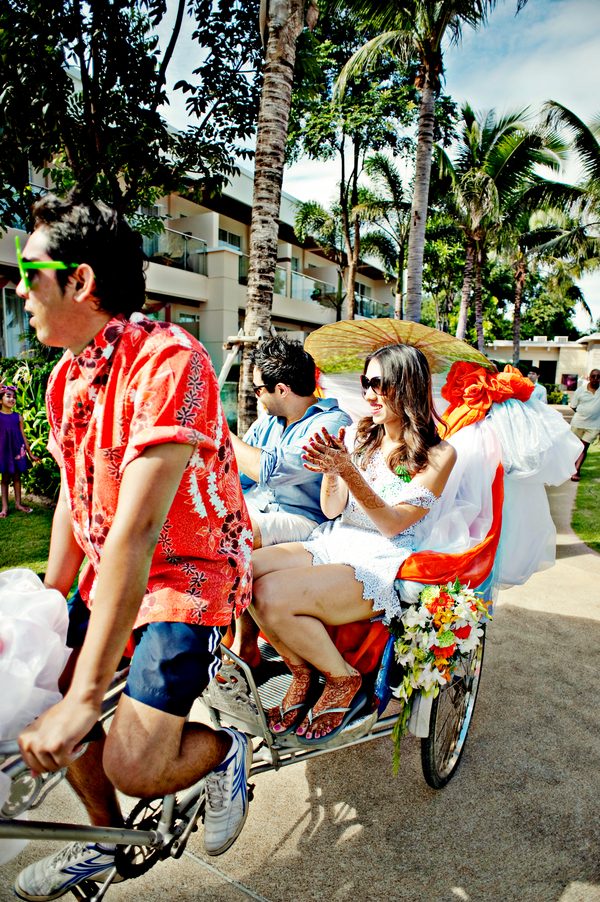Common Wedding Etiquette Dilemmas of Indian Brides – Solved!
We had the pleasure of talking to Peggy Post, one of the definitive experts on etiquette in the world. Peggy Post, Emily Post’s great-granddaughter-in-law, is a director of The Emily Post Institute and the author of more than twelve books. Her publications include the 17th edition of Emily Post’s Etiquette, Emily Post’s Wedding Etiquette, Emily Post’s Wedding Planner and A Wedding Like No Other. Peggy has appeared on The Oprah Winfrey Show, NBC’s The Today Show, Live with Regis & Kelly, Dr. Phil among other nationally broadcast shows.

Here is Peggy on some of the common bridal dilemmas faced by Indian brides:
Evolution of Wedding Etiquette
Q. How has wedding etiquette evolved with time? What things are timeless and have stayed the same over the years?
A. Wedding Etiquette has been same forever. Wedding Traditions have changed. The code of behavior – being considerate, respectful – has not changed. Wedding Etiquette is all about making families and guests comfortable. While basic principles are important and constant, wedding manners and customs have evolved a lot. For example, traditionally, the cost of the wedding was borne by the bride’s family. Today, more and more brides and grooms are sharing costs, and it’s not unusual for the groom’s parents to pitch in as well. Grooms are more involved with wedding planning and technology plays a major role.
How to announce your engagement in today’s technology savvy world
Q. How should a couple inform their families, extended families and friends about their engagement?
A. Announcing your engagement should be based on your particular situation. Etiquette is more flexible than people realize. Ideally you would tell your parents first. Next come those whom you ask to be your wedding attendants, as well as other close friends and relatives. While telling face-to-face or on the phone are always great, it might not always be feasible. Email or text message may be fine, depending on who you are telling, and your situation.
Time frame for sending out Save-the-Dates and Wedding Invitations when the engagement is short
Q. Indian American engagements tend to be on the shorter side. What do you think is the appropriate time frame to send out Save-the-Dates and Wedding Invitations?
A. A lot of etiquette is applying common sense. People have to make plans and arrangements. The sooner you inform them, the better it is. For example, if you have a six month engagement, Save-the-Dates should be out five or five and a half months ahead of time. For invitations, again, the sooner the better – so you can either parallel them with Save-the-Dates, or can send them six to eight weeks before the wedding.
Etiquette for Wedding Websites
Q. What is appropriate content for a couple’s wedding website?
A. Enclosing registry info in a wedding invitation can turn the guests off. However, your wedding website is a great place for your gift registry information. While you should make it easy for the your guests to find that information, it should not be biggest thing on the website. “Our Story”, “How We Met” are appropriate sections for the website; however but don’t make the stories too long and try not to tell so much that you leave nothing to the imagination. Information about the wedding and various other events, such as venue, rundown of what is going to happen, hotel information etc. is always helpful for out-of-town guests to use to plan. While it is perfectly fine to have your guests RSVP on your website or through email, give your guests a choice to respond by mail. If you want to keep it green, use recycled paper.
On Multicultural/ Interfaith Weddings
Q. Often times, Indian American couples have contrasting cultural backgrounds. For example, the bride may be Hindu, and the groom Christian. Even for Hindu couples, there are different rituals for families from different parts of India. In any case, how can the couple combine their cultures and make both sides of the family happy if they have very different wedding traditions?
A. Work on your ceremony details much in advance, and find out what is acceptable in each faith or culture. You should select a ceremony site that accommodates and will allow two different faiths. In multicultural and interfaith weddings, it is very important to keep your families informed and up to date about the details of the ceremony. Ideally, the families on both sides should meet and there should not be any surprises. Share some of the new traditions that you will learn from your fiance/fiance’s family with your family.
Engaging your guests
Q. Indian wedding traditions are very unique and ceremonies tend to be long. How can Indian American couples help their guests understand their special wedding rituals and keep them engaged?
A. You should make your wedding enjoyable for your guests. It is important that they know what to expect – if they should dress a certain way, how long the ceremony will be, the meaning of traditions, etc. A ceremony program is a great way to explain different traditions to your guests and keep them engaged. If you can, have your officiant explain the significance of your ceremony. People love to learn. The ceremony will be meaningful to everyone if it is explained.
On “No boxed gifts”
Q. Some couples choose to put “No Boxed Gifts” on their wedding invitation. What are your thoughts on that?
A. It is recommended not to include your gift information on your invitation. While cash is an acceptable gift in the US, writing “No boxed gifts” might confuse guests. What to give as a gift is up to the gift giver. It is better to go about it the old fashioned way – word of mouth. While you may want cash as a gift, you should register regardless, as some guests don’t like to give cash.
Tipping Etiquette for your wedding vendors
Q. What is the etiquette to tip your wedding vendors?
A. When you are putting together a contracts with your wedding vendors, find out if tips or gratuities are included. Sometimes people are very happy and may want to go above and beyond a prearranged tip (totally optional). The couple can prepare envelopes for tips beforehand and delegate the distribution to their wedding planner, attendant, trusted friend or a close relative.
On “Thank You” notes
Q. When should you send “Thank You” notes for the gifts received?
A. People really appreciate being thanked. Send a note for every gift that you receive and do that as soon as possible. These days, grooms have also started to write thank you notes. You should send the note within three months of receiving the gift and mention the gift. You should always sound enthusiastic in your thank you note. There is nothing wrong with thanking someone verbally, but always follow up with a Thank You note. Couples sometimes feel guilty for not sending thank you notes. Send them even if you are late – better late than never. It is never wrong to thank someone. Bottom line: Thank people for giving the gift, thank right alway, and try to do it within 3 months.
Peggy’s Words of wisdom
Try not to stress and remember that you are getting married to build a life together with your spouse. Don’t get wrapped up in details, and do delegate as much as you can. Focus on the joy of the occasion. Try to take care of any surprises before hand. Explain any potential surprises to your family in advance. Finally, appreciate the kind actions that people do for you. Maybe someone hosted a party for you, someone picked up your tuxedos – Don’t forget to thank!
 12 ways to keep up with your wedding planning during 12 days of Christmas
12 ways to keep up with your wedding planning during 12 days of Christmas Hand Jewelry for Indian Weddings
Hand Jewelry for Indian Weddings Five things to keep in mind when planning your big fat Indian Destination Wedding!
Five things to keep in mind when planning your big fat Indian Destination Wedding!
Indy says
Very helpful tips from Peggy. Thanks for sharing it.
😀 😀 😀